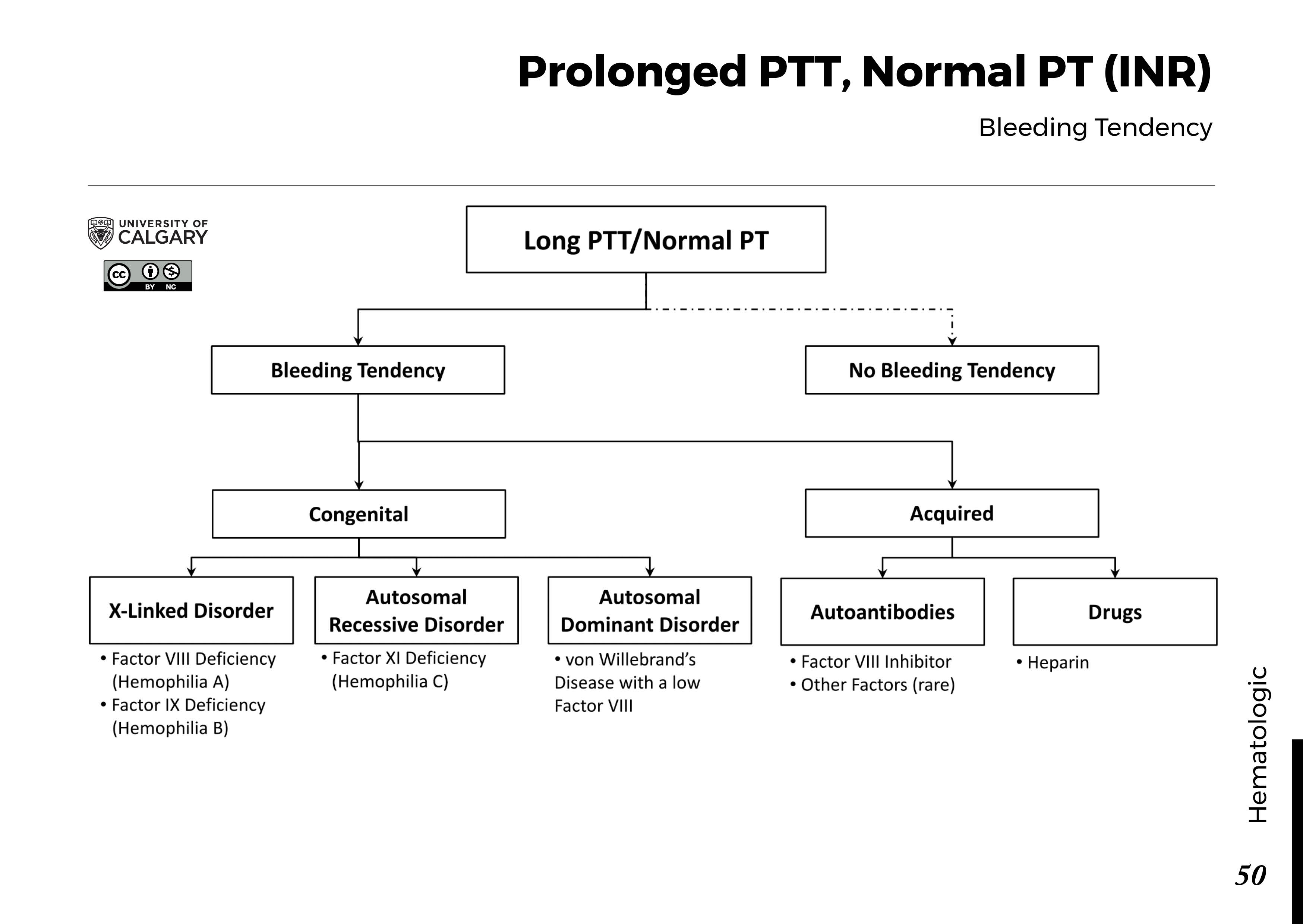
īonnet, H., Quist, J., Hoogwater, D., Spaans, J., & Wehrmann, C. Implementing Entrepreneurial Ideas: The Case for Intention. The climate for entrepreneurship at higher education institutions. īergmann, H., Geissler, M., Hundt, C., & Grave, B. Journal of Environmental Studies and Sciences, 1(3), 215-222. Teaming environmental biology and business administration seniors on “green” enterprise plans at Saint Michael’s College, Vermont. Washington, DC, US: Hemisphere Publishing Corp.īanschbach, V. In Self-efficacy: Thought control of action. Self-efficacy mechanism in psychobiologic functioning. Journal of Behavioral and Experimental Finance, 27, 100371. Economic impact of government interventions during the COVID-19 pandemic: International evidence from financial markets.

The American Journal of Tropical Medicine and Hygiene, 103(2), 583-586. The Peru Approach against the COVID-19 Infodemic: Insights and Strategies. R., Delgado-Zegarra, J., Del-Aguila-Arcentales, S., Arce-Esquivel, A. Bingley: Emerald Publishing Limited.Īlvarez-Risco, A., Mejia, C. Lombarts (Eds.), Sustainable Hospitality Management (Vol. Sustainable Development Goals in Hospitality Management. Īlvarez-Risco, A., Estrada-Merino, A., & Perez-Luyo, R. Interactive Technology and Smart Education, ahead-of-print(ahead-of-print). Multitasking behavior in online classrooms and academic performance: case of university students in Ecuador during COVID-19 outbreak. M., Mlodzianowska, S., García-Ibarra, V., Villagomez-Buele, C., & Carvache-Franco, M. Īlvarez-Risco, A., Estrada-Merino, A., Anderson-Seminario, M. Expectations and Interests of University Students in COVID-19 Times about Sustainable Development Goals: Evidence from Colombia, Ecuador, Mexico, and Peru. A., García-Ibarra, V., Maycotte-Felkel, S., & Martínez-Toro, G. PharmacoVigilance Review, 10(2), 4-6.Īlvarez-Risco, A., Del-Aguila-Arcentales, S., Rosen, M. Pharmacovigilance as a tool for sustainable development of healthcare in Peru. The novelty of the current study is supported in using the PLS-SEM technique.Īlvarez-Risco, A., Del-Aguila-Arcentales, S., & Diaz-Risco, S.

Implications & Recommendations: This study showed the impact of education development support, institutional support, and country support on entrepreneurs’ ability to successfully carry out green entrepreneurship, which will serve universities to implement strategic plans to achieve their ecological ventures and develop such ventures on campus with the students that have the necessary skills.Ĭontribution & Value Added: The research findings will prove helpful to governments in establishing new norms to promote entrepreneurship. Findings of the bootstrapping test showed that the path coefficients were significant. The model explained 57.3% of the green entrepreneurial intention. We used the SEM-PLS technical analysis.įindings: We found that education development support (EDS 0.146), institutional support (IS 0.183), and country support (CS 0.158) had a positive influence on entrepreneurial self-efficacy (ESE), while ESE had a positive influence (0.757) on the green entrepreneurial intention (GEI). Eight questions focused on demographic information, and twenty-six questions evaluated the green entrepreneurship intention of students. Research Design & Methods: A total of 320 international business students in Peru filled the online survey.

Objective: The aim is to better understand how education supports green entrepreneurship among students by analyzing their education development support, institutional support, country support, and entrepreneurial self-efficacy.


 0 kommentar(er)
0 kommentar(er)
